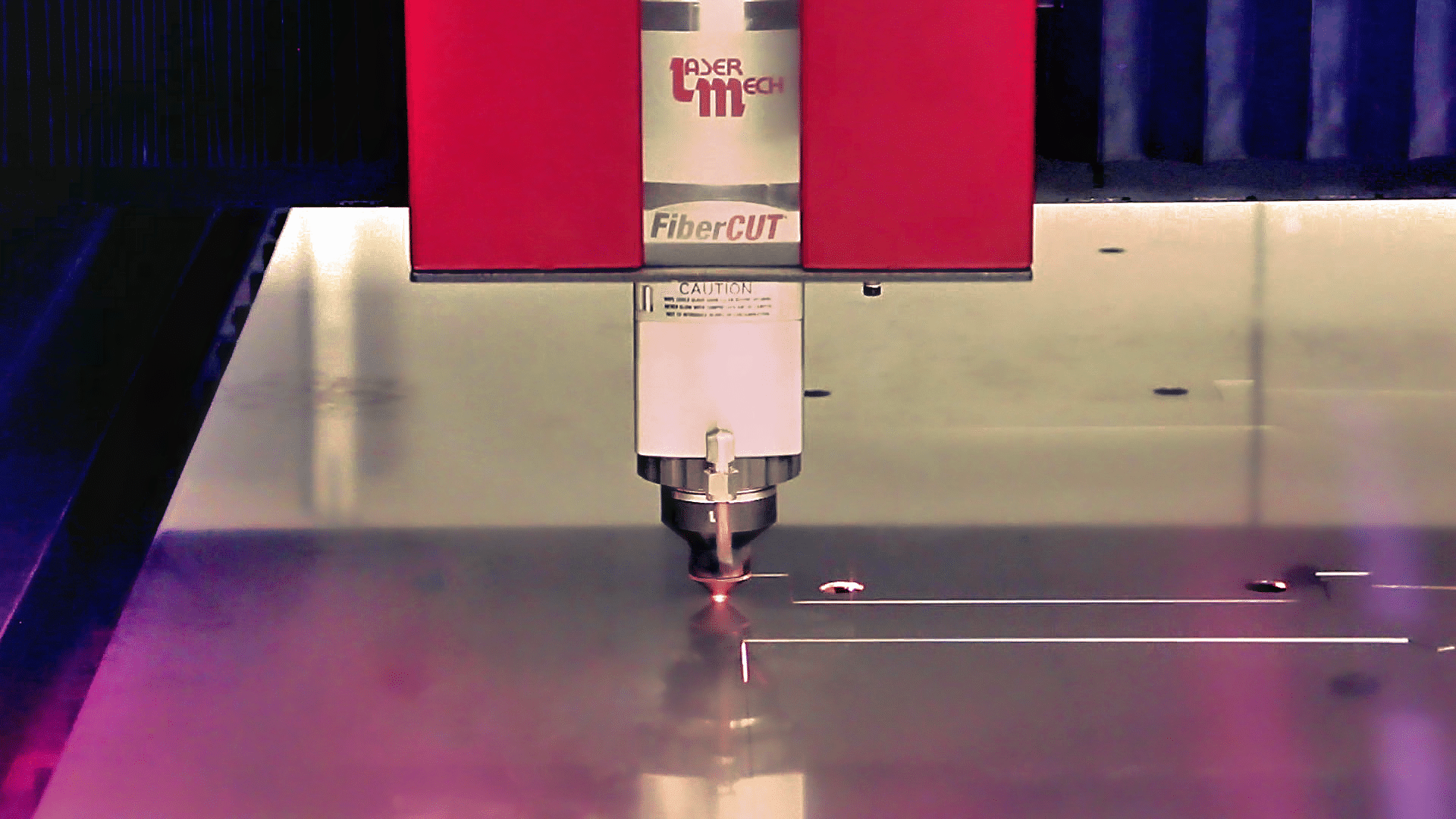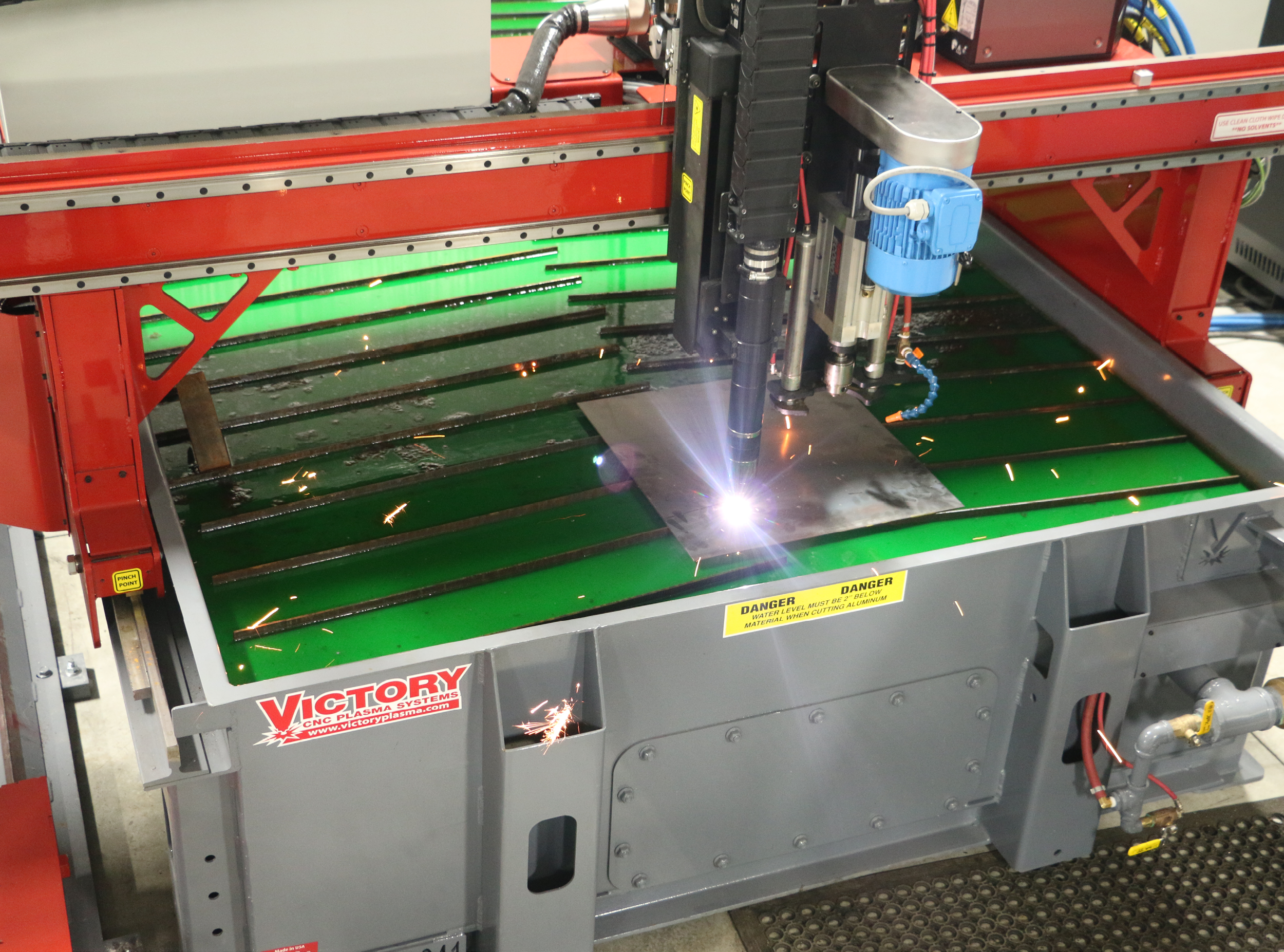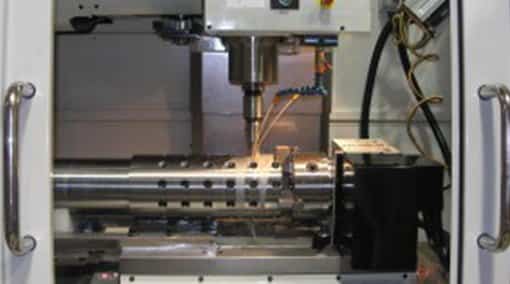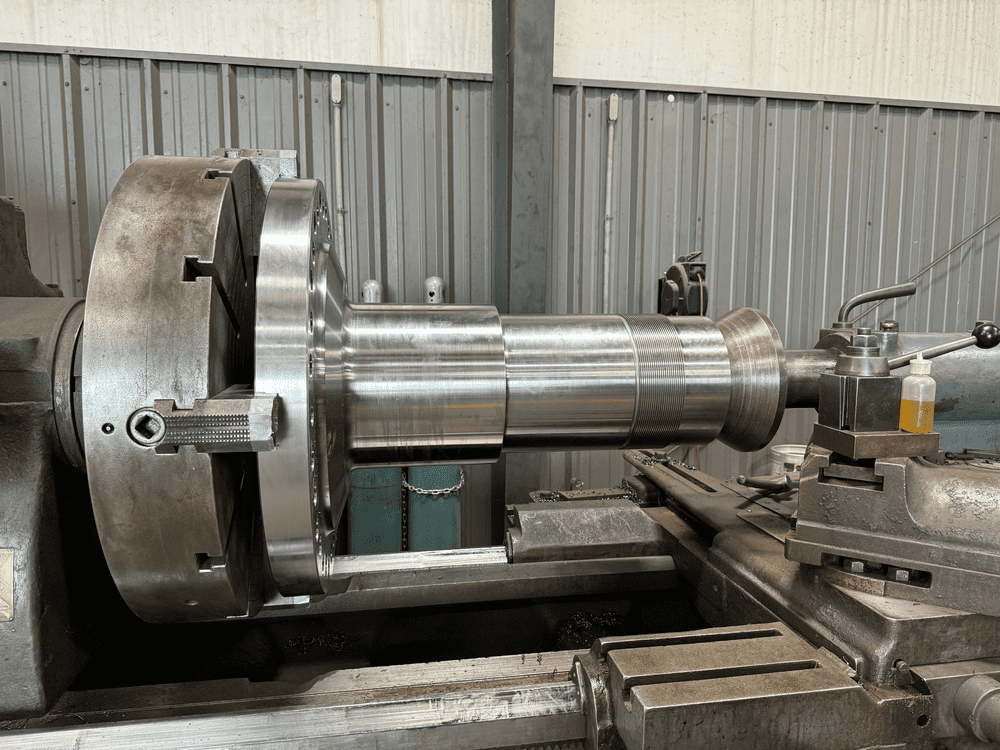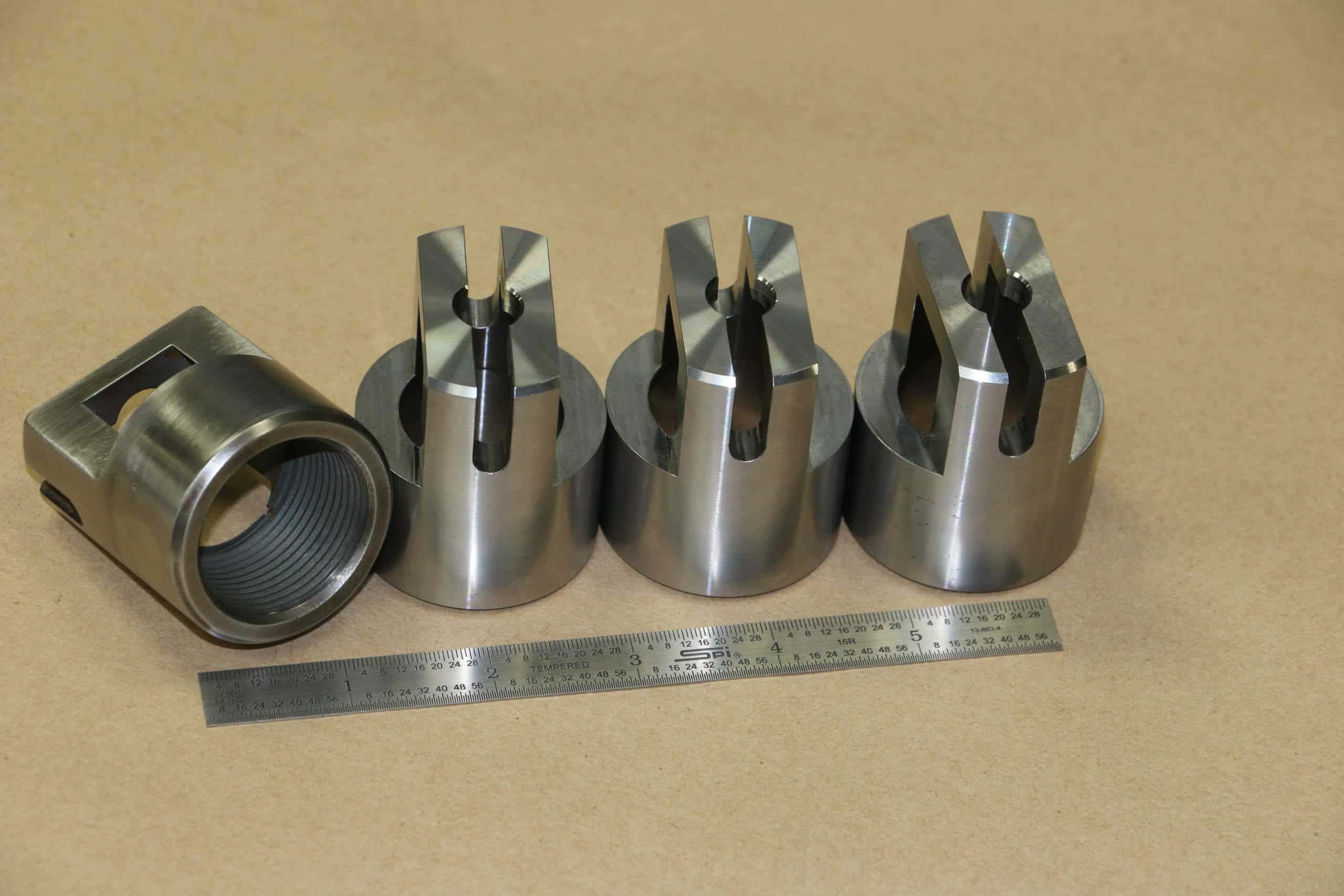A plastic parts machine shop produces prototype and production parts from various types of plastic. This is not the same as cutting metal, so you want to use a knowledgeable operator with extensive experience to avoid mistakes.
Contact Lindsay Machine Works at: (816) 257-1166
OR click this link to send an RFQ Today!
Most machine shops are now getting bids on jobs that call for machining plastics. When selecting a material, you should consider the manufacturability characteristics, mechanical properties, and cost.
Here is everything you should know about a plastic parts machine shop and prototype & production parts.
Why machine plastics?
Manufacturers in CNC jobs are always looking for ways to replace metal parts with plastics. While plastics have a high wear factor, they can easily be fiber-reinforced and machined with high-speed tools. Some operators liken machining plastics to the use of aluminum. Other benefits of plastics include:
- Corrosion resistance
- Can withstand elements like salt and water
- Durable
- Have insulating qualities
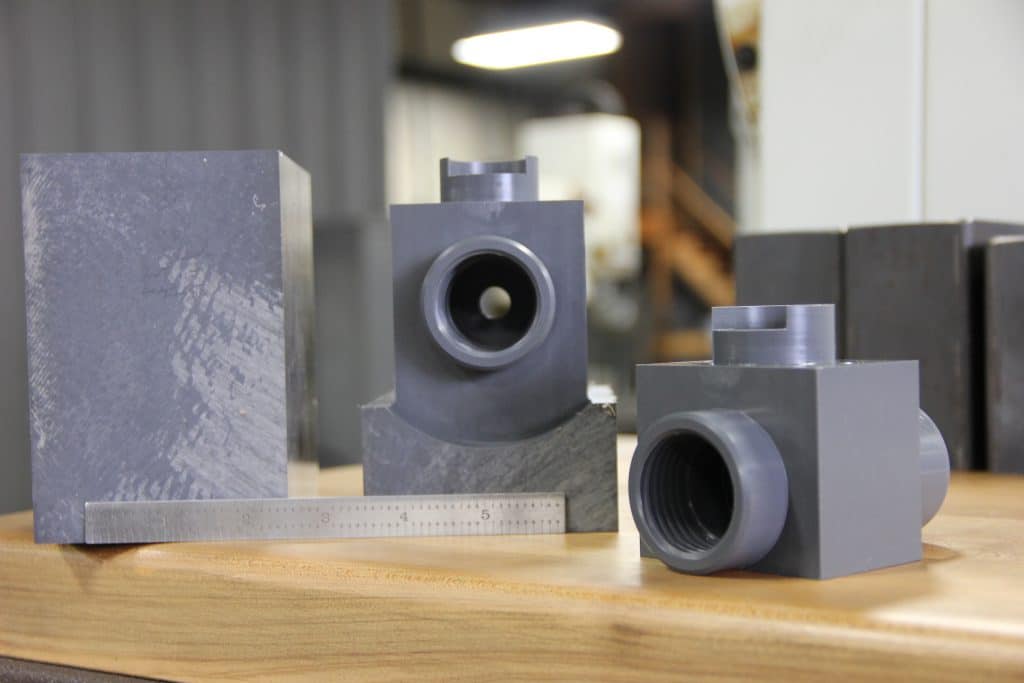 How a machine shop makes plastic parts
How a machine shop makes plastic parts
Like metal, plastic machining can be useful for end-use or prototyping. Additionally, other benefits include they are flexible to work with, have no parting lines, and no draft angle requirements. Also, plastics are easier to work with if you want to produce undercuts and threads.
Depending on the design you want, a machine shop can use 3-axis or 5-axis milling. This means that you can use more complex geometry and get better finishes. Whether you want to create a high volume of housings or create a prototype of custom valve components, you should select materials that are right for your application. A good machine shop can meet design specs, handle high volume orders, and meet your production deadline.
Applications
Plastic machining gives you so much flexibility that the applications are endless. And when it comes to ease of machining, there’s no substitute for plastics. Machined plastics can be useful in the following areas:
- Drilling oil
- Traveling below the sea
- Flying in the sky
- Fluid handling

